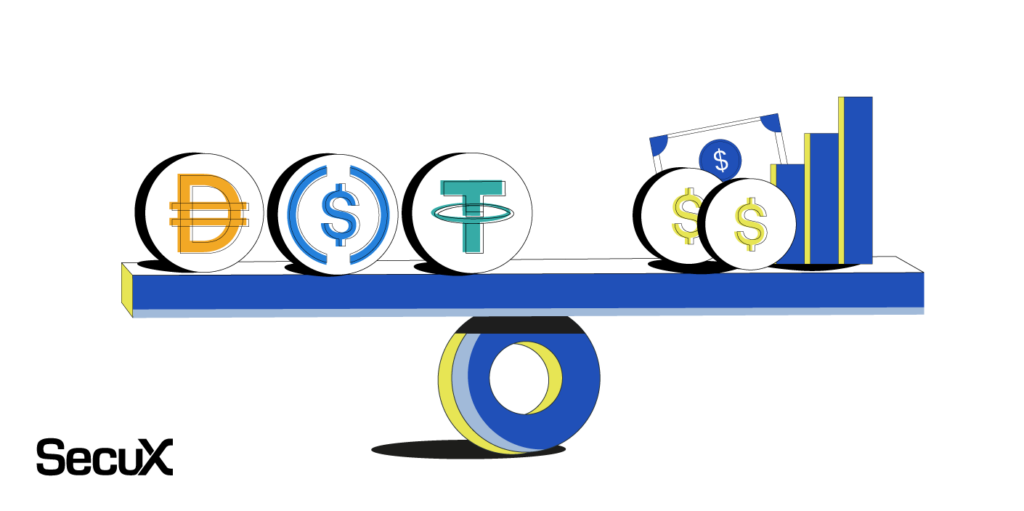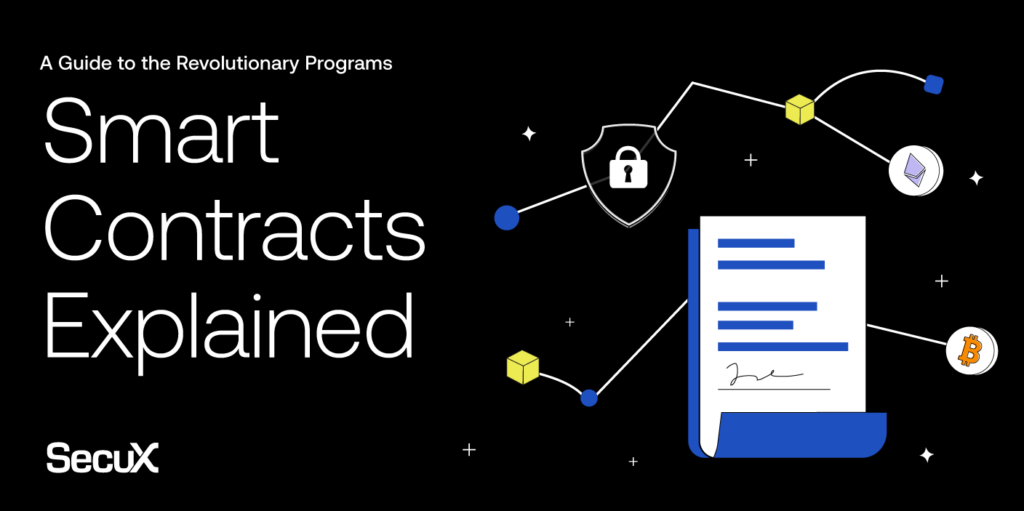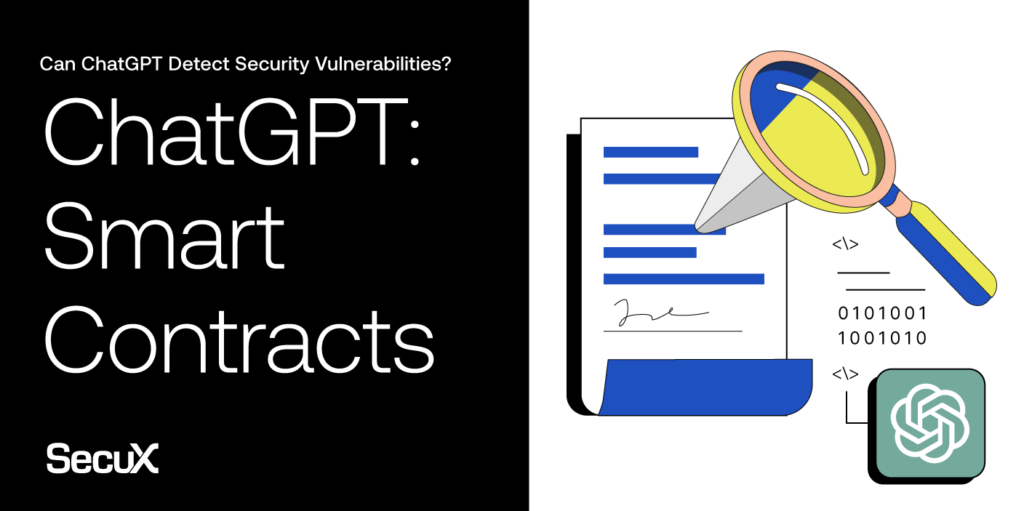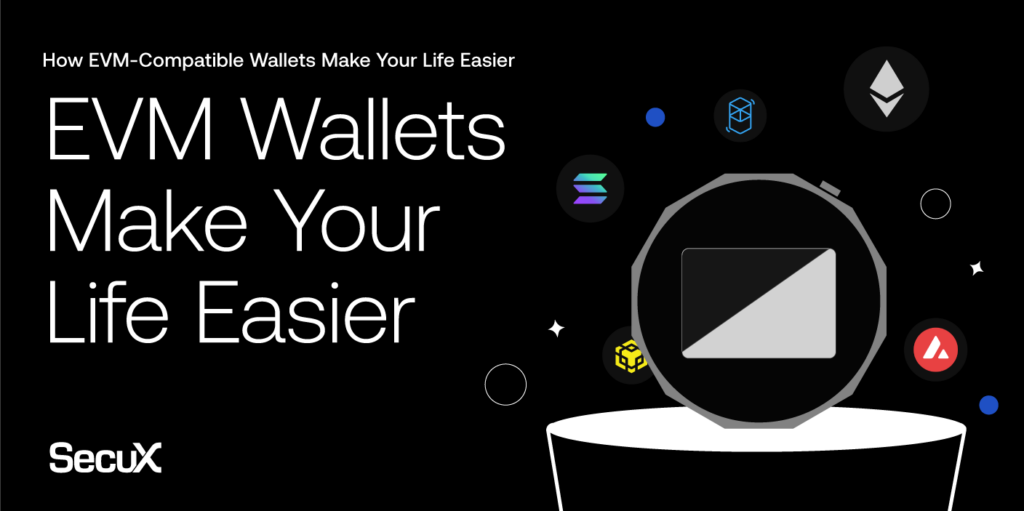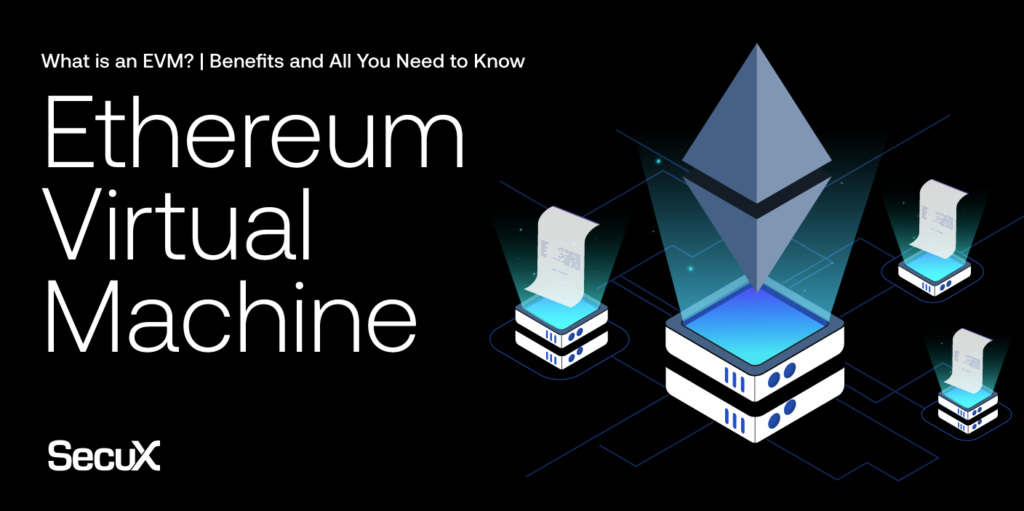
The Ethereum Virtual Machine, or EVM, sounds like something futuristic and complex. While the tasks it carries out can be, the EVM is actually designed to make things simpler within the Ethereum network. It’s safe to say that the EVM has been revolutionary, so it’s important to understand what it is and what it does.
Table of Contents
- The Ethereum Virtual Machine for Beginners
What is the Ethereum Virtual Machine (EVM)?
From smart contract deployment to creating decentralized apps (dApps), the EVM is a virtual computer you can rely on. Developers can use the virtual machine to create dApps and the EVM executes smart contracts within the Ethereum ecosystem mainly using the Solidity programming language.
The founder of Ethereum and consequently the EVM, Vitalik Buterin, states that the EVM’s main job is not only to execute smart contracts but also other crypto contracts that are built on the Ethereum network.
The Ethereum Virtual Machine also controls the condition of every block on the Ethereum blockchain and a distributed ledger holds the databases for all transactions on the chain.
EVM-Compatible Blockchains
The EVM makes interoperability between different blockchain networks much easier than before. Doing transactions between various blockchains required a lot of work not long ago.
What are some of the blockchains that support the EVM?
Here are some of the biggest examples in the crypto space:
- BNB Smart Chain (BSC)
- Fantom
- Avalanche
- Polygon
With these above chains, users can expect lower gas fees, higher speeds, and optimized ease with every transaction.
Uses for the EVM
We now understand more about the EVM, but what can it be used for? There are a few applications within the Ethereum blockchain.
ERC-20 Tokens
ERC-20, is the standard for creating fungible (assets that are not unique) tokens and is used for smart contracts on the Ethereum blockchain. ERC-20 tokens can help users easily transfer assets from one address to another without losing value.
Examples of ERC-20 tokens are USDC, USDT, BUSD and BNB.
ERC-721 NFTs
Then there are the ERC-721 tokens, which are mainly used for minting non-fungible tokens, or NFTs, (assets that are unique). Examples of popular NFT projects are Bored Ape Yacht Club, Boss Cat Rocket Club, and CryptoPunks.
What the Ethereum Virtual Machine Brings
There is no doubt that the EVM is crucial in carrying out complex smart contracts, but it also brings more than that to the table. Let’s take a look at the benefits more closely.
Ethereum Interoperability
Ethereum is one of the largest and most popular blockchains available. With the EVM, dApps located on the Ethereum blockchain can “talk” to each other without issues. What does this mean? Increased speeds and a better user experience.
dApp Portability
Another aspect that the EVM helps to improve is dApp development and portability. Developers will appreciate this because now they can move and build on the dApps within new blockchains without having to make adjustments to the code.
FAQ
What language is EVM written in?
The EVM programming language for smart contracts on the Ethereum blockchain is Solidity. Developers may also use Vyper and Yul on the EVM.
What blockchains are EVM compatible?
EVM-compatible blockchains are Binance Smart Chain (BSC), Polygon, Avalanche, and Fantom. Hopefully, in the future, there will be more smaller chains going through changes to become compatible.
What is the disadvantage of the Ethereum Virtual Machine?
One of the disadvantages of the EVM is the high gas cost. This happens more specifically on the Ethereum blockchain. If this is an issue, try using other EVM-compatible blockchain options.
Conclusion
The EVM is designed to carry out smart contracts and aid with decentralized application development. It’s fair to say that the inception of the EVM has been a huge step for blockchain technology in terms of cross-chain and operability within Ethereum. There is now further ease in carrying out a complex smart contract written on the blockchain.
Related Articles:
- What is an EVM? | Benefits and All You Need to Know
- SecuX Crypto Wallets Add 300+ EVM Chains Support
- What is Gas on Ethereum?
